5 Reasons Why Genuine Hardwood Flooring Is a Lasting Investment in Your Home
When it comes to flooring, homeowners have many choices. Carpet, tile, laminate, vinyl - the list goes on. But there's something timeless, warm, and undeniably appealing about natural wood underfoot. Genuine hardwood flooring has been around for centuries, and for good reason: it delivers beauty, durability, and value in ways many other options simply cannot match. In this blog, we'll examine five compelling reasons why investing in real wood planks pays off in the long run. Whether you are building, remodeling, or upgrading your current floors, understanding what makes authentic wood floors special can help you make a smart decision that enhances your living space and your home's resale value.
1. Long-Term Durability and Lifespan
One of the very first advantages of genuine wood floors is their durability. Unlike softer materials like carpet or vinyl, wood planks are hard-wearing, able to stand up to daily foot traffic, pets, furniture moves, and occasional mishaps without losing their structural integrity or aesthetic appeal. When well-installed and maintained, they tend to outperform many flooring alternatives over time.
According to Carpet World, genuine hardwood flooring can last over 100 years with careful maintenance. This figure underscores that this type of flooring is not just for short-term cosmetic upgrades—it is a multi-generational investment. While some areas of a floor may show wear, scratches, or scars, real wood can often be refinished and restored, bringing back much of its original look. That's one of the key features that distinguishes quality floors—when you see uneven wear, dull finish, or minor damage, you don't have to replace everything. You can sand, recoat, and essentially refresh.
Plus, durability isn't just about how long the hardwood flooring lasts. It's also about how well it resists common causes of damage: moisture, warping, stains, fading. Species like oak, maple, or hickory are renowned for their strength and grain, offering hardness and resistance. When you choose species wisely and ensure the finishing is done properly, you reduce the risk of damage and the need for frequent replacement, saving money and fuss in the long run.
2. Timeless Aesthetic Appeal and Versatility
Another reason genuine hardwood flooring remains such a strong investment is its aesthetic value. Wood has a natural beauty—organic grains, unique knots, color variations—that no synthetic flooring can fully replicate. It brings warmth, elegance, and character to rooms, and often a sense of history. Because styles in interior design come and go, it helps when your flooring is versatile—able to suit rustic, modern, traditional, minimalist, or eclectic schemes.
With wood, you have options in species, stain, plank width, and finish style. Light woods make rooms feel larger and airier; dark tones add richness and drama. You can change the look with area rugs, furnishings, wall colors, and still your floors will remain appropriate. When trends shift, well-maintained hardwood floors don't look dated in the same way that some vinyl patterns or carpet colors might.
Moreover, this material ages well. Over time, wood develops patina, soft sheen, and some minor imperfections, all of which can add character rather than degrade appearance. Refinishing can restore its shine or allow you to change tones if you want to update aesthetics. Deep finishes or protective coatings help preserve luster and reduce the risk of damage from UV exposure, spills, and impacts. Because of this, many homeowners find that real wood enhances the overall beauty of their home and often becomes a focal point in design.
3. Increased Property Value and Resale Appeal
If you ever plan to sell your home, flooring is one of the features that potential buyers notice first. Real wood floors are commonly perceived as premium upgrades, signaling quality, craftsmanship, and long-term durability. Homes with wood floors often sell faster and for higher prices compared to those with carpet or basic vinyl options.
Because wood flooring tends to last decades, its cost-per-year often works out favorably over time. It's not just about appearance—it's perceived permanence and low maintenance that buyers appreciate. Real wood also provides flexibility: buyers tend to like homes where the flooring is solid, easy to maintain, and with fewer obvious repairs needed.
Resale experts often point out that wood floors are among the most desirable features in listings. When you combine them with other well-maintained home features—updated kitchen, fresh paint, good landscaping—you create a package that raises interest and often brings in stronger offers. The strong market value comes from the fact that many replacements or upgrades are expensive; if your home already has high-quality hardwood flooring, it reduces the buyer's concerns about immediate future costs.
4. Health, Hygiene, and Indoor Air Quality Benefits
Beyond beauty and value, there are important health and hygiene reasons to choose genuine hardwood flooring. Unlike carpets, which trap dust, pollen, animal dander, mold spores, and other allergens, wood floors provide a smooth surface that is easy to clean and less likely to harbor allergens. For people with allergies or respiratory issues, this can make a significant difference in daily comfort.
Wood surfaces are less likely to retain pet hair, dust mites, or spilled liquids. When spills or moisture occur, wood floors—when sealed properly—can be wiped up easily, without long-term staining or odor if addressed promptly. Regular cleaning and finishing help keep the finish intact, so moisture doesn't seep into cracks or joints that might otherwise promote mold growth.
Also, finishing materials have evolved. Low-VOC stains and finishes help reduce off-gassing—compounds that can contribute to indoor air pollution. With proper finishing and periodic refinishing, the surface remains sealed and protected, limiting emissions and maintaining a breathable air environment. For households with pets, children, or older members, these cleanliness and health advantages become more than "nice to have"—they can contribute to overall well-being and reduce cleaning burdens, illness risk, and even long-term maintenance costs.
5. Cost-Effectiveness Over Time
While the upfront cost of hardwood flooring tends to be higher than many alternatives, what matters is the cost over the full lifetime. Because these floors last so many years, they often cost less per year of use than cheaper flooring options that must be replaced frequently.
Installation may include higher material and labor costs, but refinishing, scratch repair, localized plank replacement, and ongoing maintenance are more affordable relative to repeated full replacements. For instance, where carpeting might need replacing more frequently, genuine wood can be refreshed multiple times and endure for several decades. According to various sources, refinishing and minor repairs are far cheaper than ripping out and replacing an entire floor every few years.
Furthermore, because many homes with well-kept real wood floors command higher resale prices, part of your investment returns when you sell. Good maintenance—keeping humidity stable, avoiding excessive water exposure, using furniture pads, regular sweeping—extends lifespan and keeps the floor looking great, which means fewer cosmetic repairs at resale time.
Choosing genuine hardwood flooring has more going for it than just its look. From long life and high durability to improved air quality, aesthetic flexibility, and strong resale value, it offers many distinct advantages that make the higher initial cost worthwhile. If you want a floor that holds up through decades of foot traffic and evolving home styles, that can be refreshed again and again, and that contributes to a healthier, more beautiful home environment, then real wood is one of the smartest home investments you can make. Carefully selected, properly installed, and well cared for, it's flooring you—and future owners—will appreciate for generations.
Ready to invest in flooring that stands the test of time? Contact Hardwood Headquarters today to explore our wide selection of genuine hardwood flooring and discover how we can help transform your home with timeless quality and beauty.

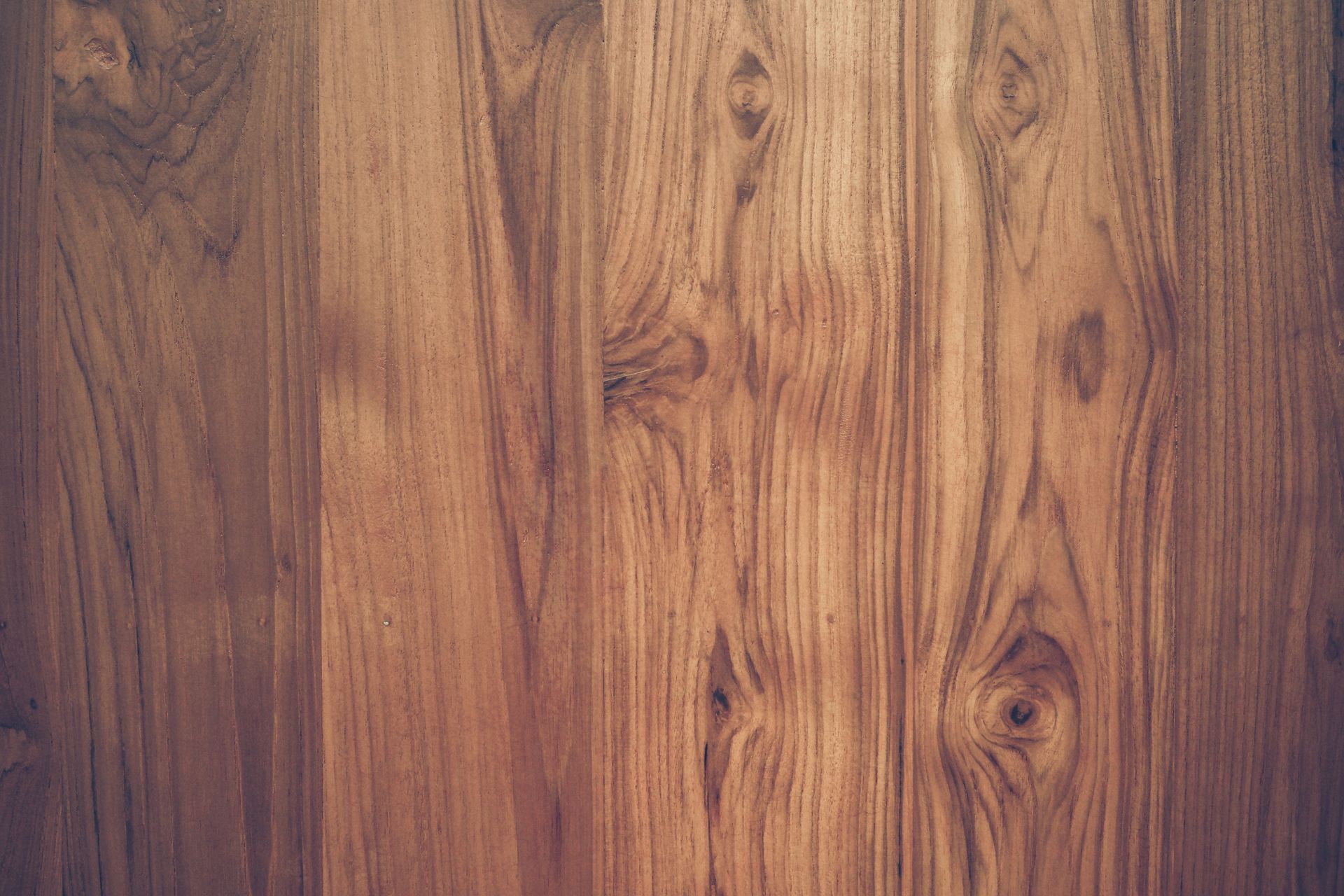
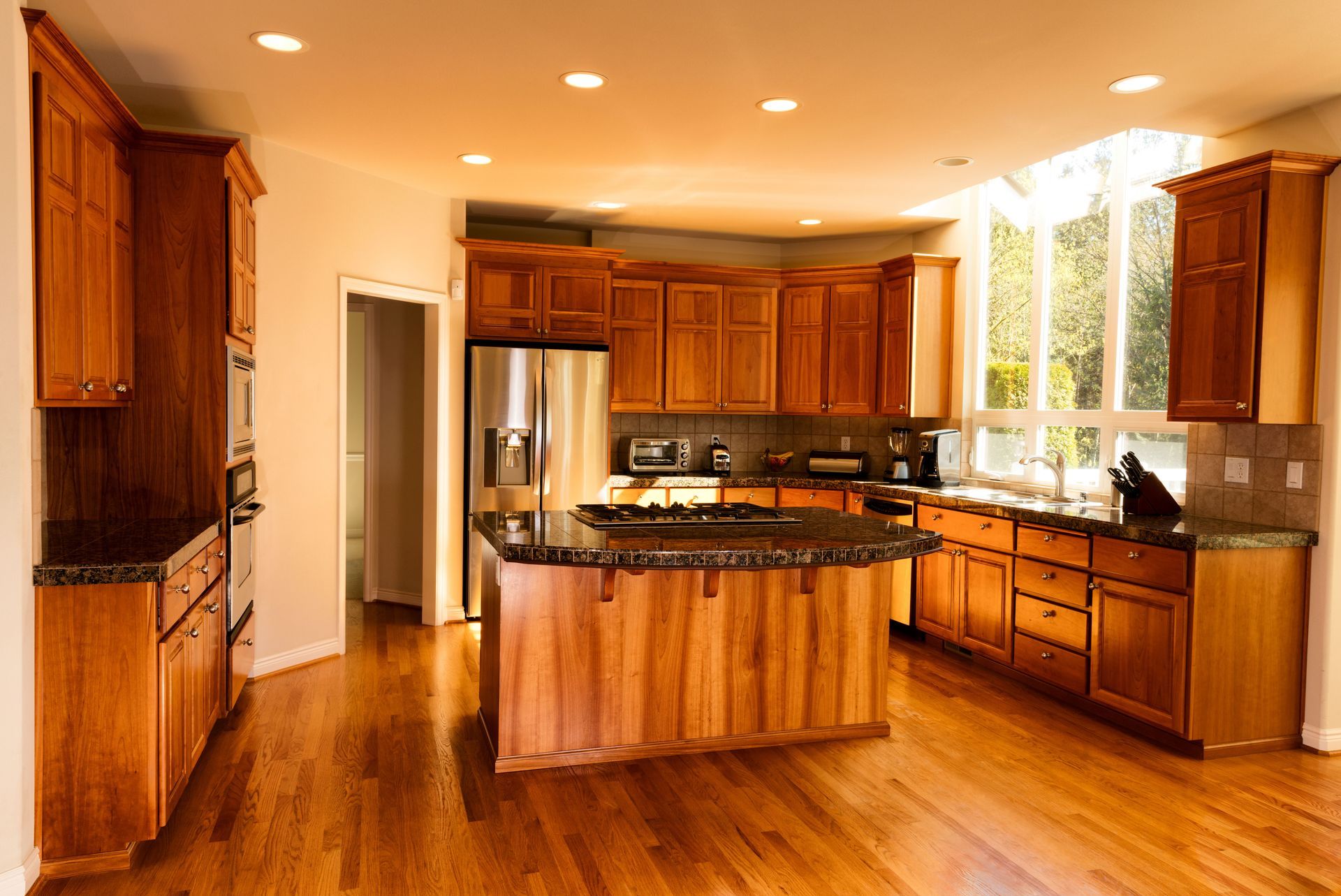
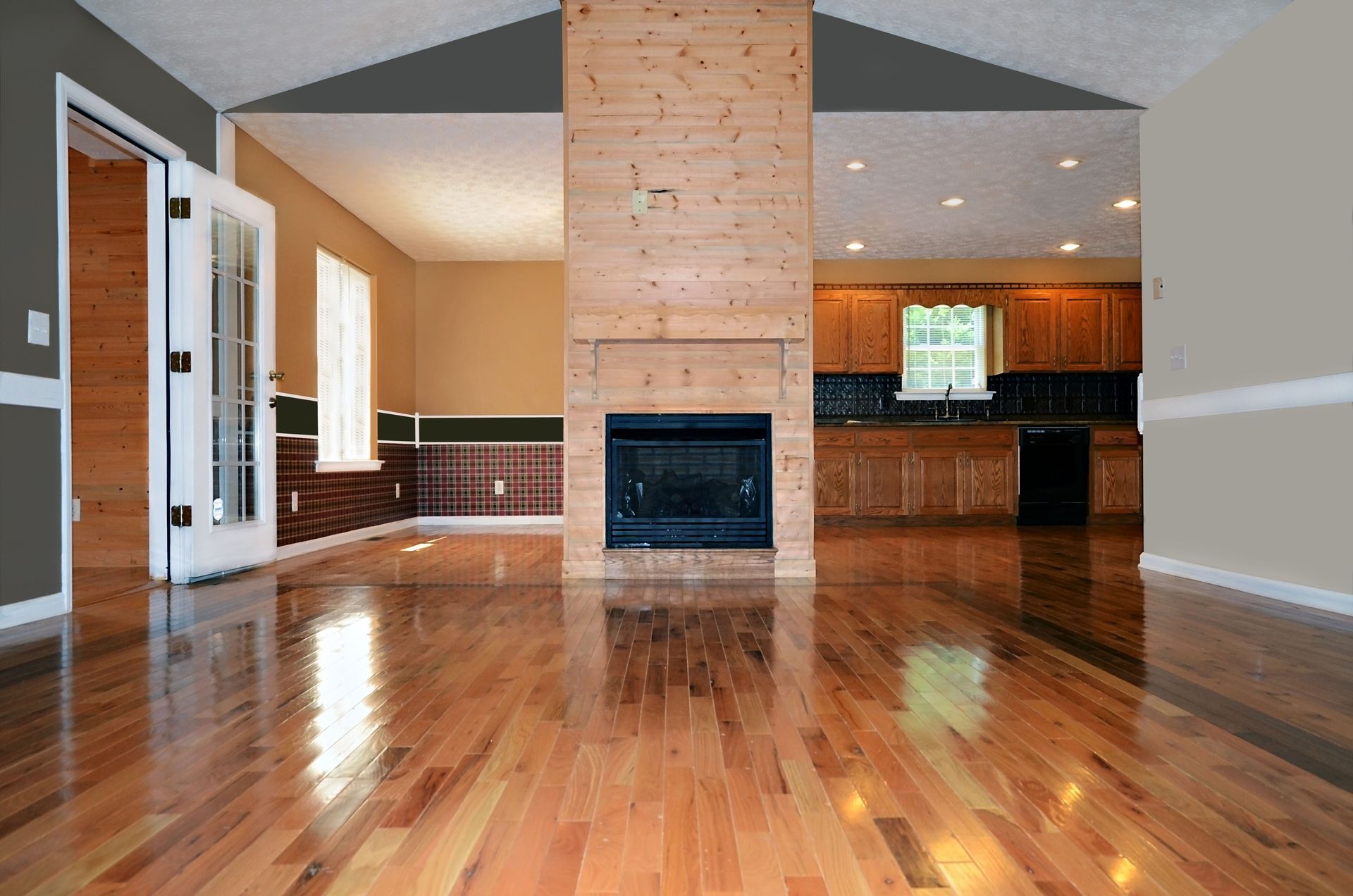
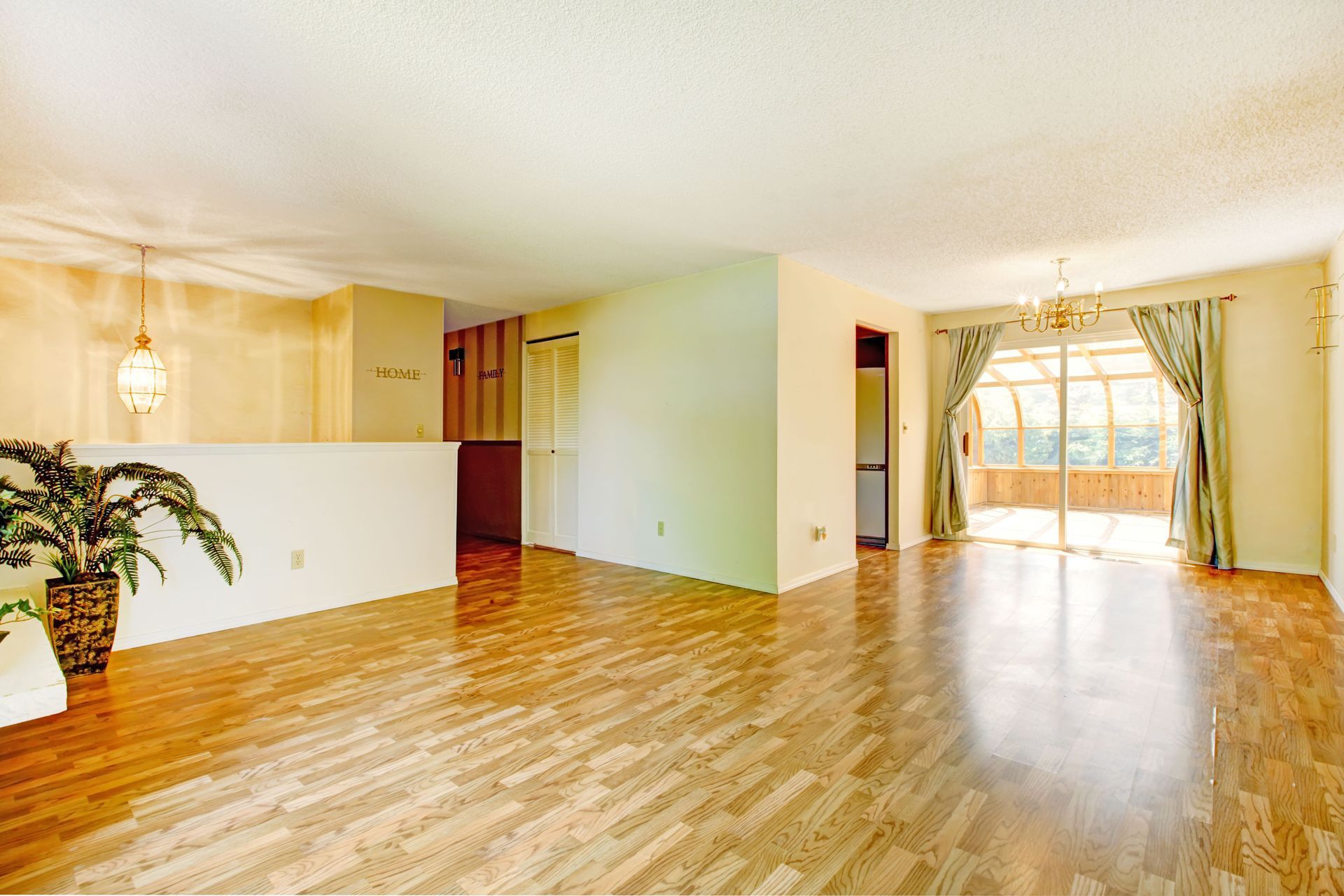
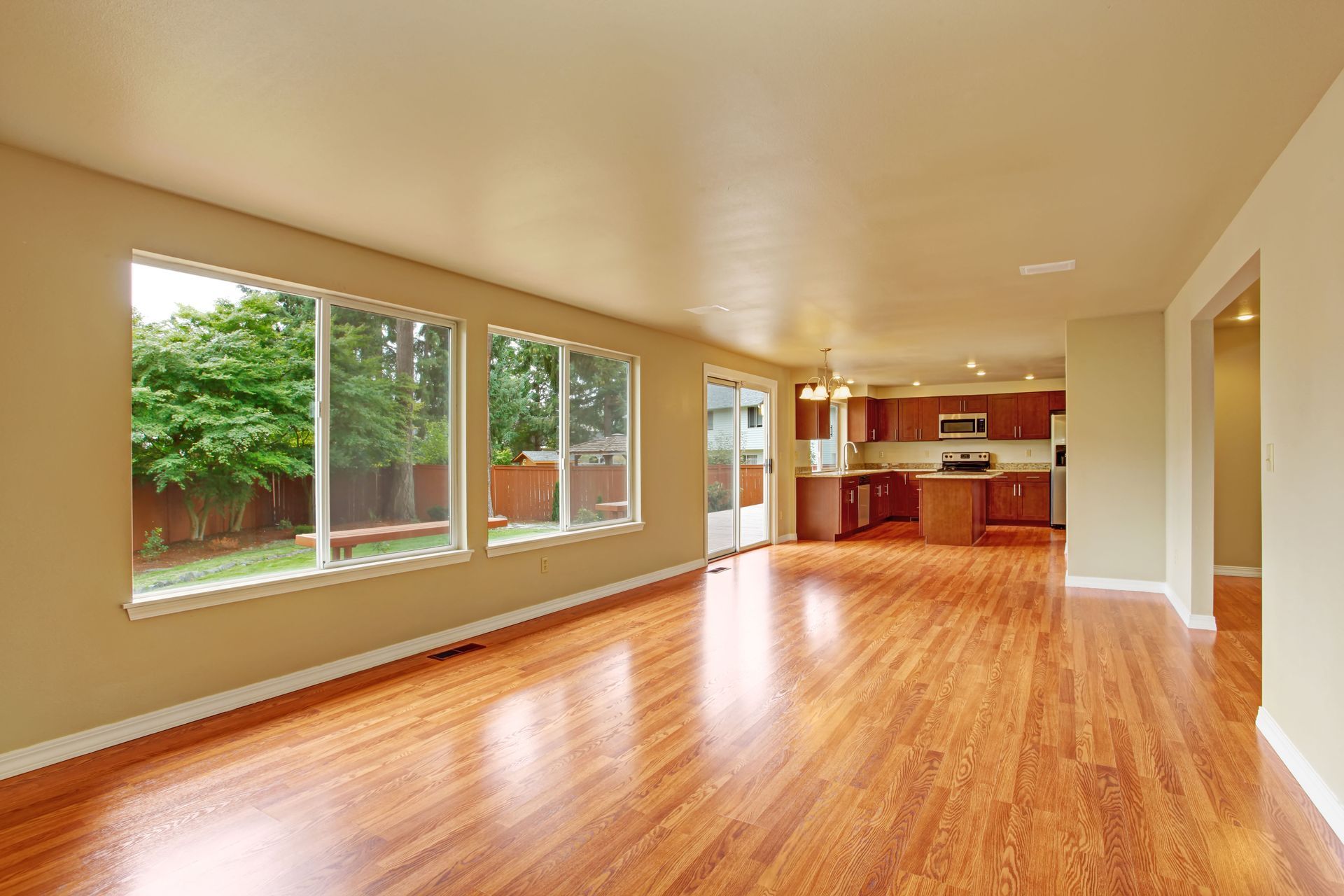
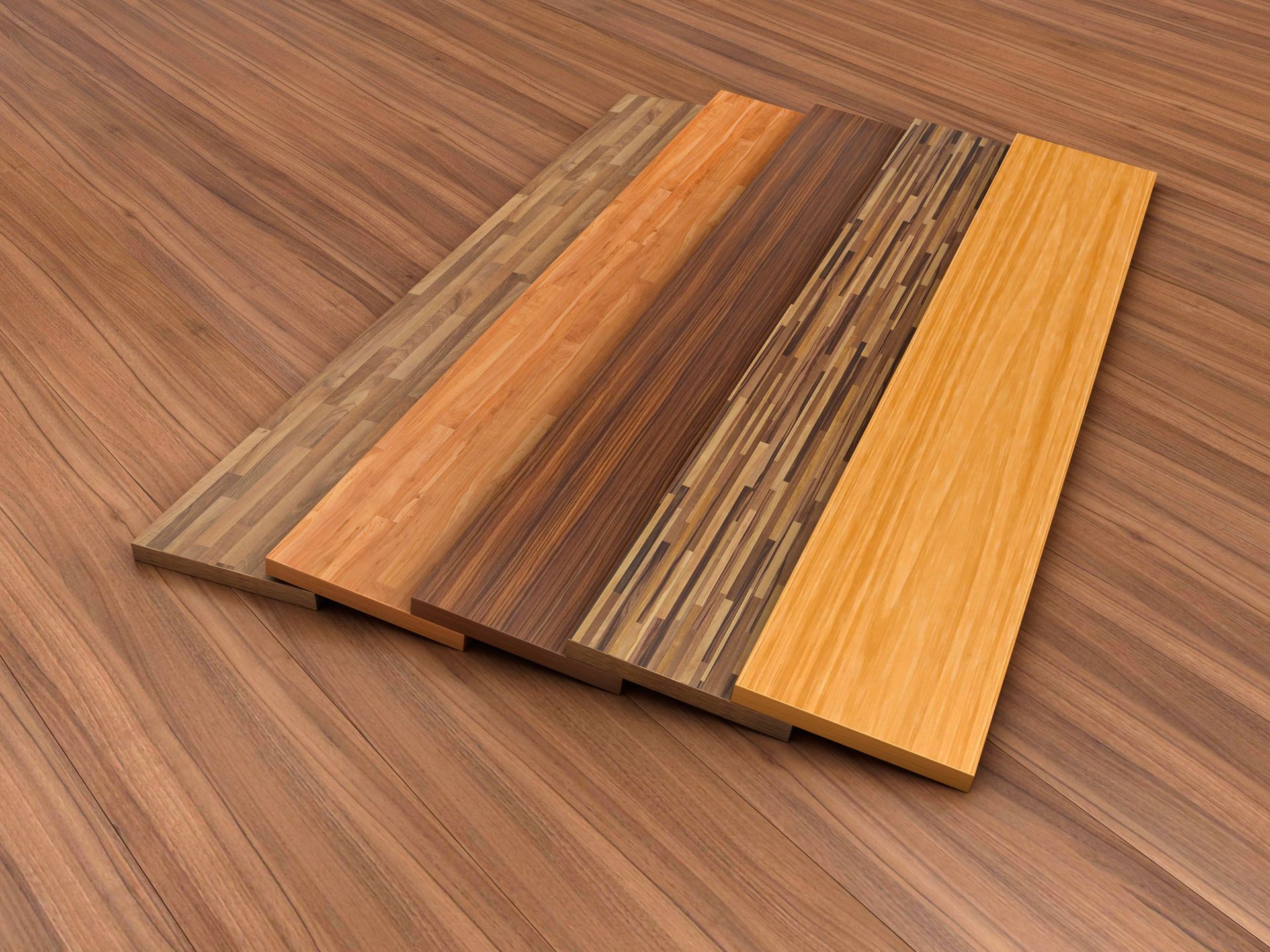
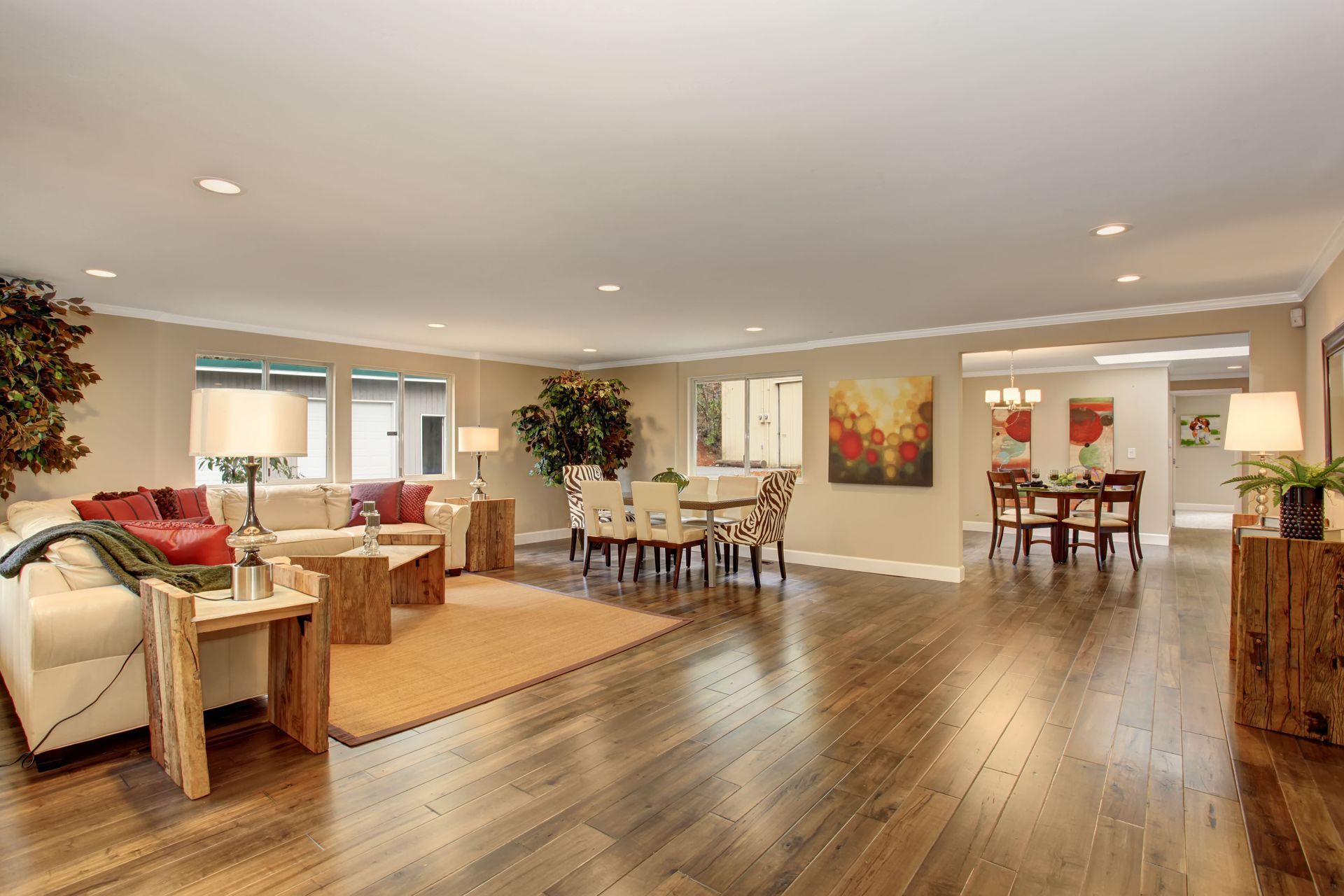
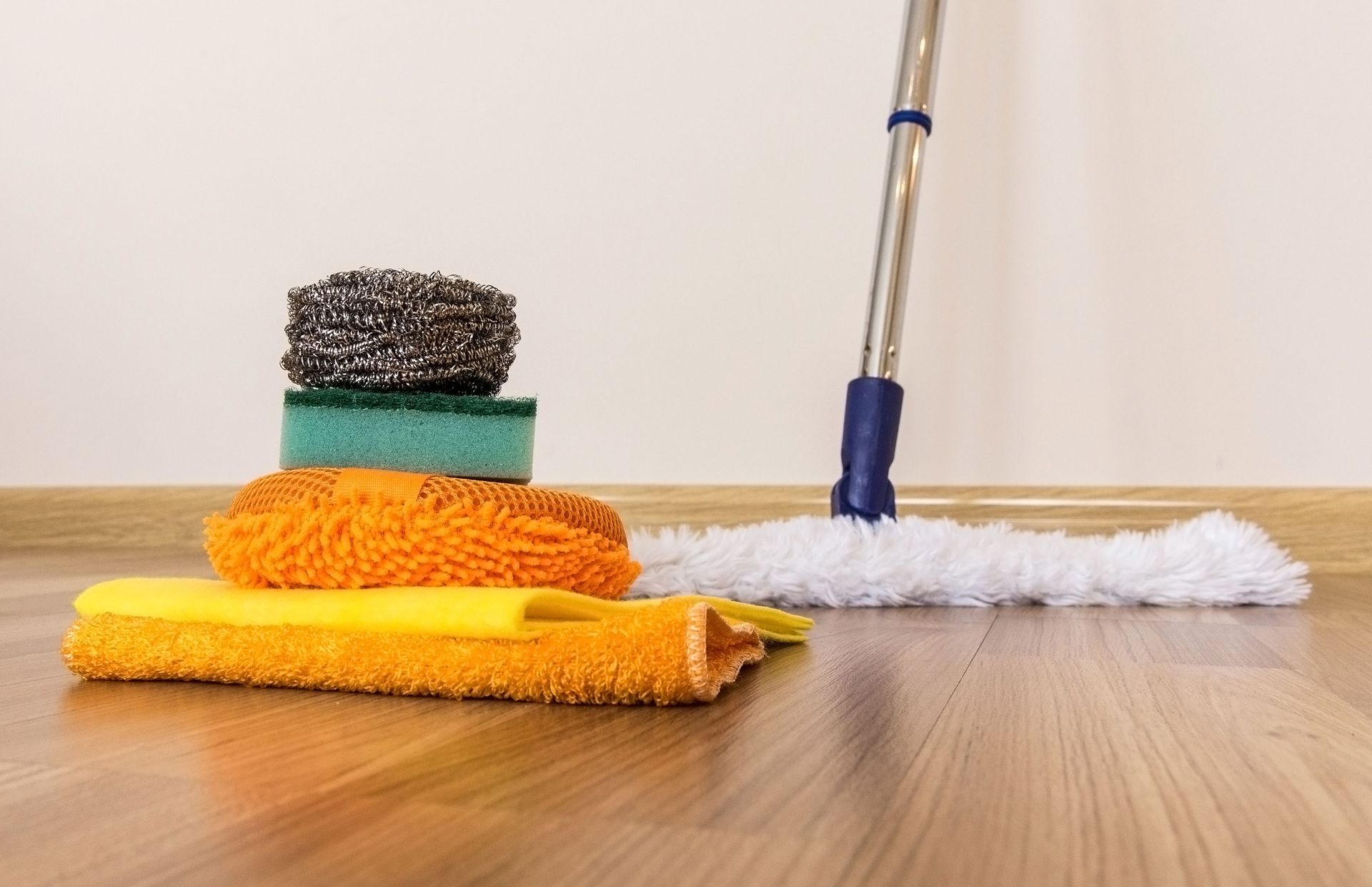
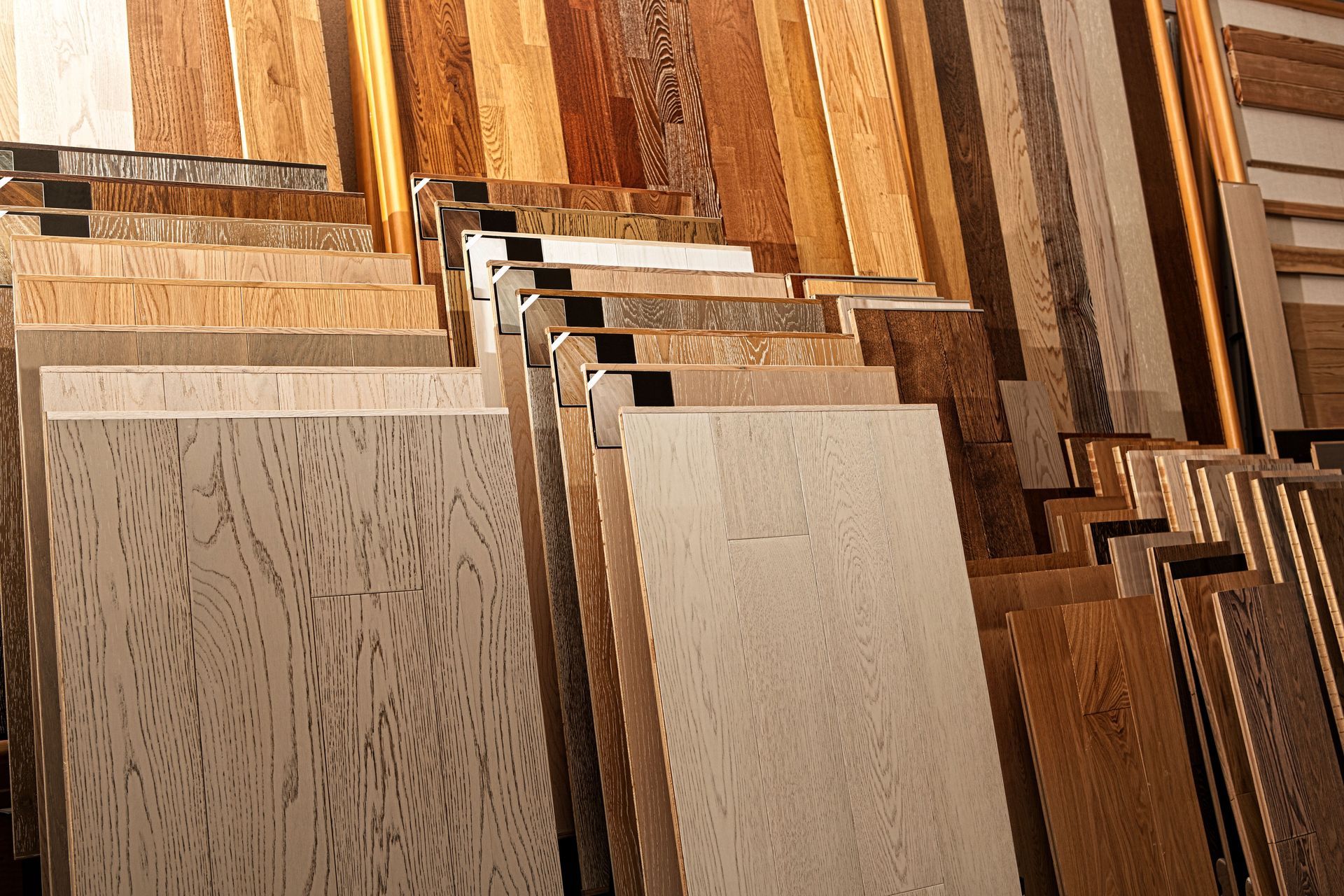
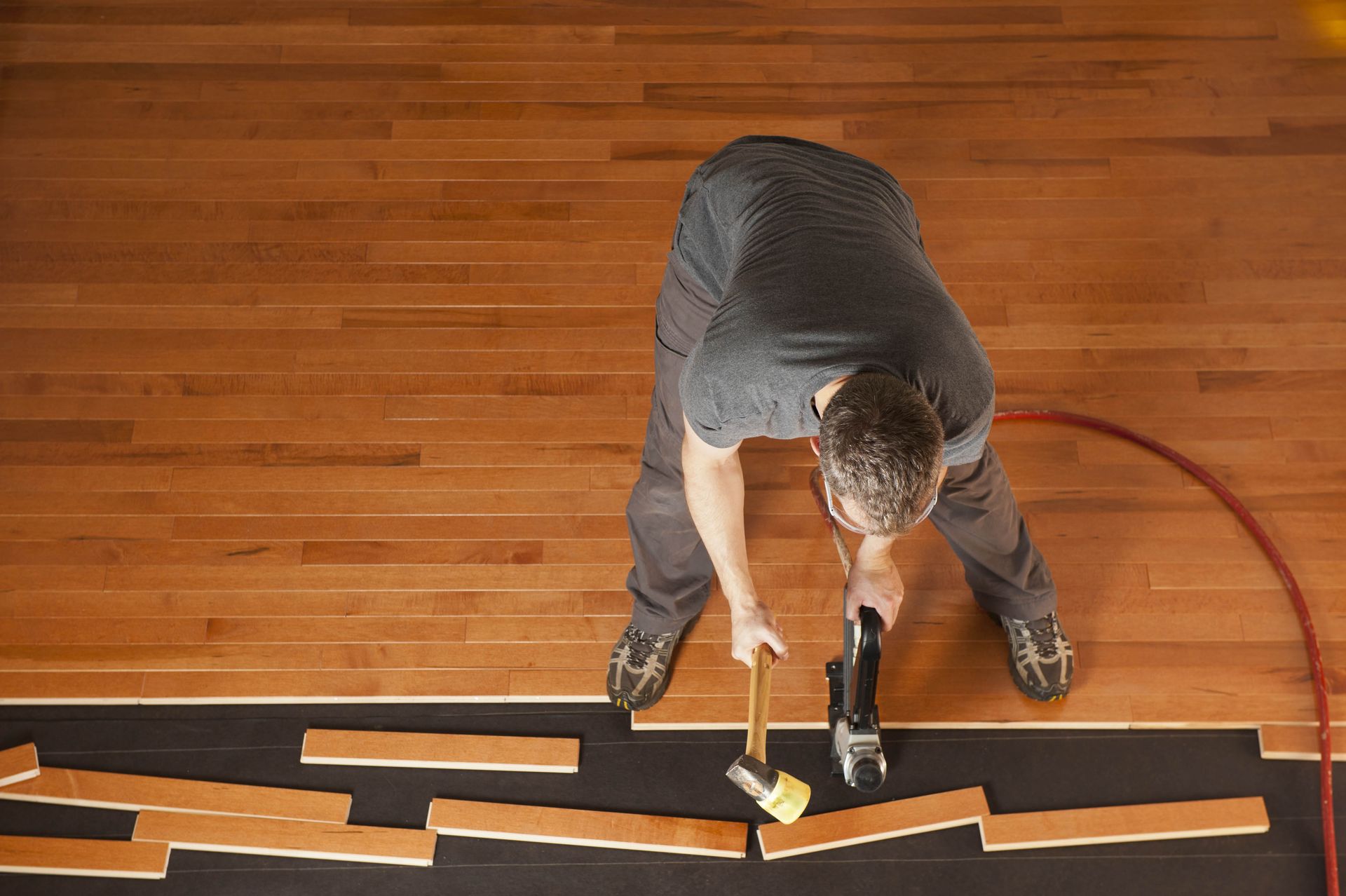
Share On: